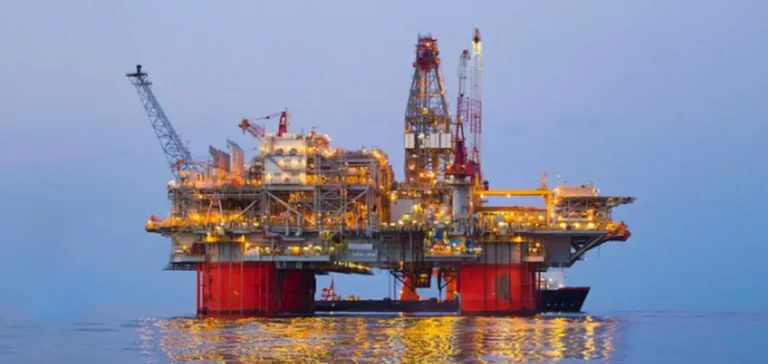Egypt is facing growing financial pressures due to accumulated arrears owed to international oil and gas companies, amid a decline in national natural gas production. The government has confirmed the payment of over $1 billion in arrears to several multinational companies, including Eni, BP, and Apache, with the aim of maintaining foreign investment and ensuring the stability of the energy sector.
Role of international majors in Egyptian production
Since the end of 2023, Egypt has been experiencing an energy crisis, leading to the suspension of liquefied natural gas (LNG) exports. The country became a net LNG importer at the start of 2024, following a significant drop in production, particularly at the Zohr field in the Eastern Mediterranean. This reduction in output prompted large-scale LNG purchase plans to meet domestic demand, with orders for 40 to 60 shipments planned for the summer season and up to 290 shipments by 2027.
Egyptian authorities stress the importance of paying off debts contracted with international companies to prevent a withdrawal of investors. This financial support is considered crucial for preserving exploration and development operations, especially in offshore areas.
Financial context and IMF requirements
The Central Bank of Egypt reported that its foreign reserves currently stand at $48.14 billion, covering nearly seven months of imports. Meanwhile, total external debt amounts to $155.2 billion, representing 87% of the Gross Domestic Product (GDP). The International Monetary Fund (IMF) has conditioned the continuation of its $8 billion aid programme on fiscal consolidation and gradual subsidy reductions.
An initial financing agreement of $3 billion was signed in December 2022, providing support over 46 months to strengthen short-term economic stability. This framework imposes strict management of Egypt’s financial obligations to international energy companies.
Repayment outlook and sector stability
Since 2023, Egypt has already repaid $8.5 billion in arrears to energy companies. The latest $1 billion payment is part of this process, with a further $1.4 billion due by the end of the year, subject to the availability of foreign currency and continued IMF support. These measures are seen as essential for ensuring the continuity of strategic projects and maintaining Egypt’s position as a regional player in natural gas.






















